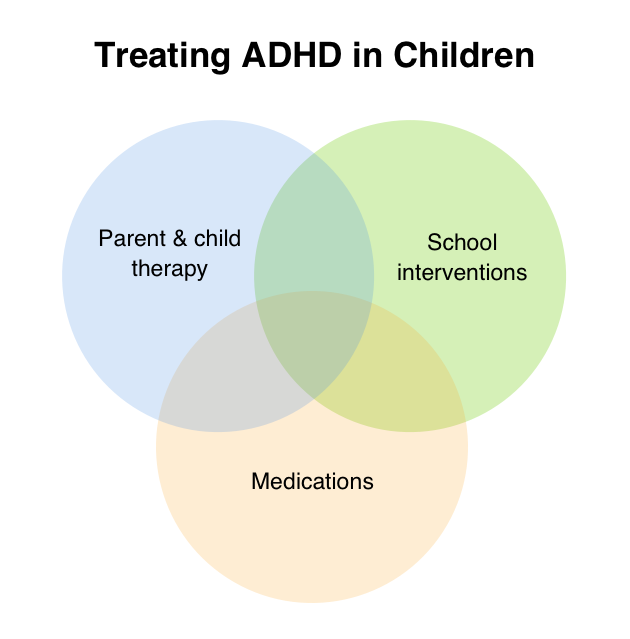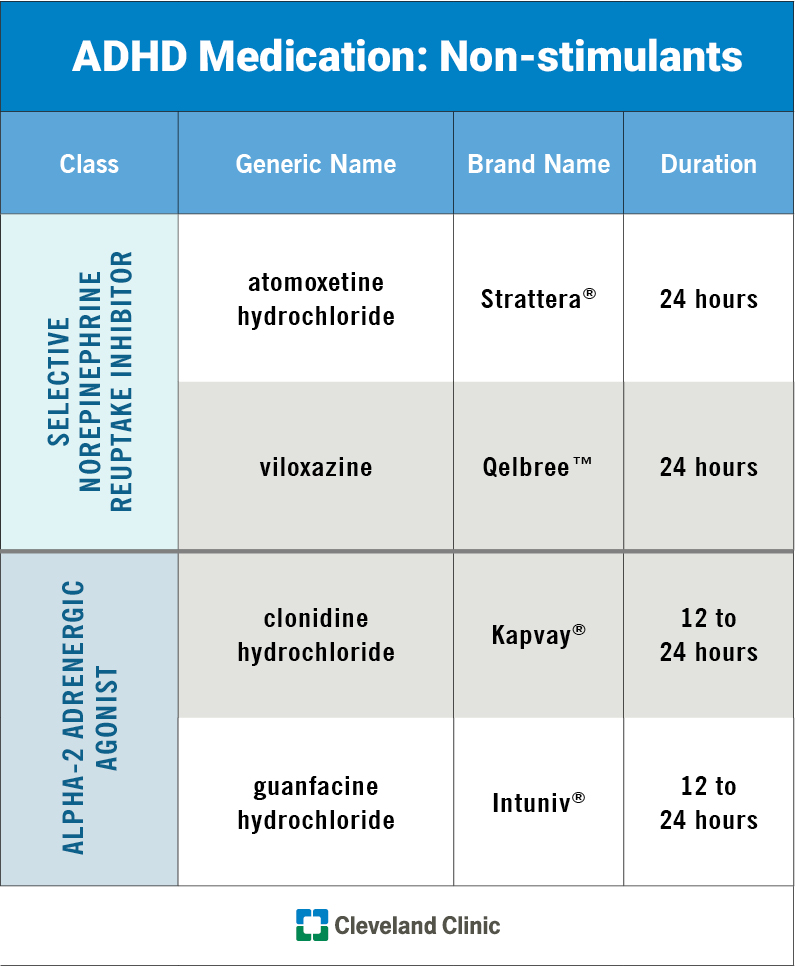Your Guide to Locating the Right ADHD Therapy for Long Lasting Outcomes
Navigating the intricacies of ADHD treatment requires a nuanced understanding of both the disorder and the myriad choices offered for effective administration. It is crucial to identify that what jobs for one individual may not necessarily produce the same outcomes for one more. Therefore, a customized method-- integrating expert advice, medication, behavioral approaches, and way of living changes-- comes to be paramount. The journey toward recognizing the most appropriate therapy strategy can be fraught with challenges. What are the key variables that affect effective results, and how can individuals ensure they get on the appropriate path?
Understanding ADHD and Its Influence

In adults, ADHD can result in challenges in workplace atmospheres, influencing productivity, time management, and interpersonal partnerships. Often, undiagnosed or improperly handled ADHD can add to co-occurring mental wellness problems, such as stress and anxiety and depression, more making complex an individual's total health.
The societal understanding of ADHD can differ, resulting in preconception and misunderstanding, which might impede individuals from seeking assistance. As understanding expands, it is necessary to promote an environment that advertises understanding and assistance for those influenced by ADHD, emphasizing the requirement for exact diagnosis and tailored techniques to mitigate its influence on daily life.
Summary of Treatment Choices
A detailed strategy to treating ADHD includes a variety of choices customized to the individual's special needs. These options can extensively be classified right into behavioral interventions, psychoeducation, and way of life adjustments, together with pharmacological treatments that might be discovered later on.
Behavioral treatments, such as cognitive-behavioral treatment (CBT), concentrate on modifying details habits and creating coping techniques to manage signs efficiently. Psychoeducation plays a vital duty in encouraging both people and their households by supplying information concerning ADHD, its difficulties, and reliable techniques for support.
Lifestyle alterations can dramatically influence ADHD monitoring. Regular physical task, a balanced diet regimen, and appropriate sleep add to total health and symptom control. Mindfulness methods and relaxation methods can also boost emphasis and minimize impulsivity.
Support system and family therapy can promote a feeling of neighborhood and understanding, assisting individuals feel much less separated in their experiences. Each therapy YOURURL.com choice must be taken into consideration together with the individual's choices and situations, making certain an all natural strategy that advertises lasting success. Eventually, the objective is to develop a customized treatment strategy that resolves the details you can find out more challenges associated with ADHD while boosting overall lifestyle.
Medicine: Pros and Disadvantages
Medication plays a crucial role in the therapy of ADHD, with many choices offered that can substantially alleviate signs for lots of individuals. Stimulants, such as methylphenidate and amphetamines, are frequently prescribed and have shown performance in enhancing focus, reducing impulsivity, and enhancing overall habits. These drugs work by boosting dopamine and norepinephrine degrees in the brain, which are frequently dysregulated in those with ADHD.
Some people may experience side effects, including sleep problems, reduced hunger, or enhanced anxiousness. Furthermore, not all individuals respond to energizer drugs, leading some to discover non-stimulant alternatives, which may have a postponed onset of activity or different side impacts.
It is important for people and their families to weigh these advantages and disadvantages very carefully. Stabilizing the advantages of sign monitoring versus possible negative effects is critical for attaining ideal therapy results. Partnership with medical care suppliers can promote informed decisions, ensuring that medicine belongs to a detailed ADHD management strategy.
Behavior Modification Strategies

One commonly used method is Cognitive Behavior Treatment (CBT), which helps individuals determine and change adverse thought patterns that add to ADHD-related difficulties. Therapist for ADHD. Through CBT, clients discover to establish sensible Look At This goals, handle time successfully, and establish organizational systems
Another efficient strategy is Parent Management Training (PMT), which educates parents on how to strengthen favorable habits and minimize unfavorable ones via constant technique and communication approaches. This technique fosters a supportive home setting that motivates behavioral enhancements.
Social skills training is also integral, aiding people with ADHD navigate social interactions better. Role-playing and modeling ideal habits can enhance social proficiency and lower anxiousness in social scenarios.
Lifestyle Modifications for Better Management
How can lifestyle changes dramatically improve the monitoring of ADHD signs? Implementing tactical way of living adjustments can lead to substantial improvements in emphasis, organization, and psychological regulation for individuals with ADHD.
To start with, establishing an organized day-to-day routine helps in creating predictability, which can relieve feelings of bewilder. Consistent schedules for dishes, study, and rest can boost everyday functioning.
Integrating normal physical activity is additionally crucial, as exercise has been revealed to enhance dopamine degrees, improving attention and inspiration (Therapist for ADHD). Aiming for at least 30 minutes of moderate workout most days can be valuable
Nutrition plays an essential role. A balanced diet plan abundant in omega-3 fatty acids, whole grains, and healthy protein can support cognitive feature. Restricting processed sugars and caffeine might decrease symptoms, as these can lead to power crashes and irritation.
Final Thought
In verdict, locating the appropriate ADHD treatment demands a diverse technique that considers private demands and preferences. A mix of drug, behavior treatment, and way of living modifications can dramatically boost signs and symptom management and overall wellness. Engaging in psychoeducation and developing organized routines further sustains reliable treatment strategies. Partnership with medical care specialists and open interaction with support networks are vital parts in navigating the complexities of ADHD administration, ultimately causing long-term outcomes and enhanced top quality of life.